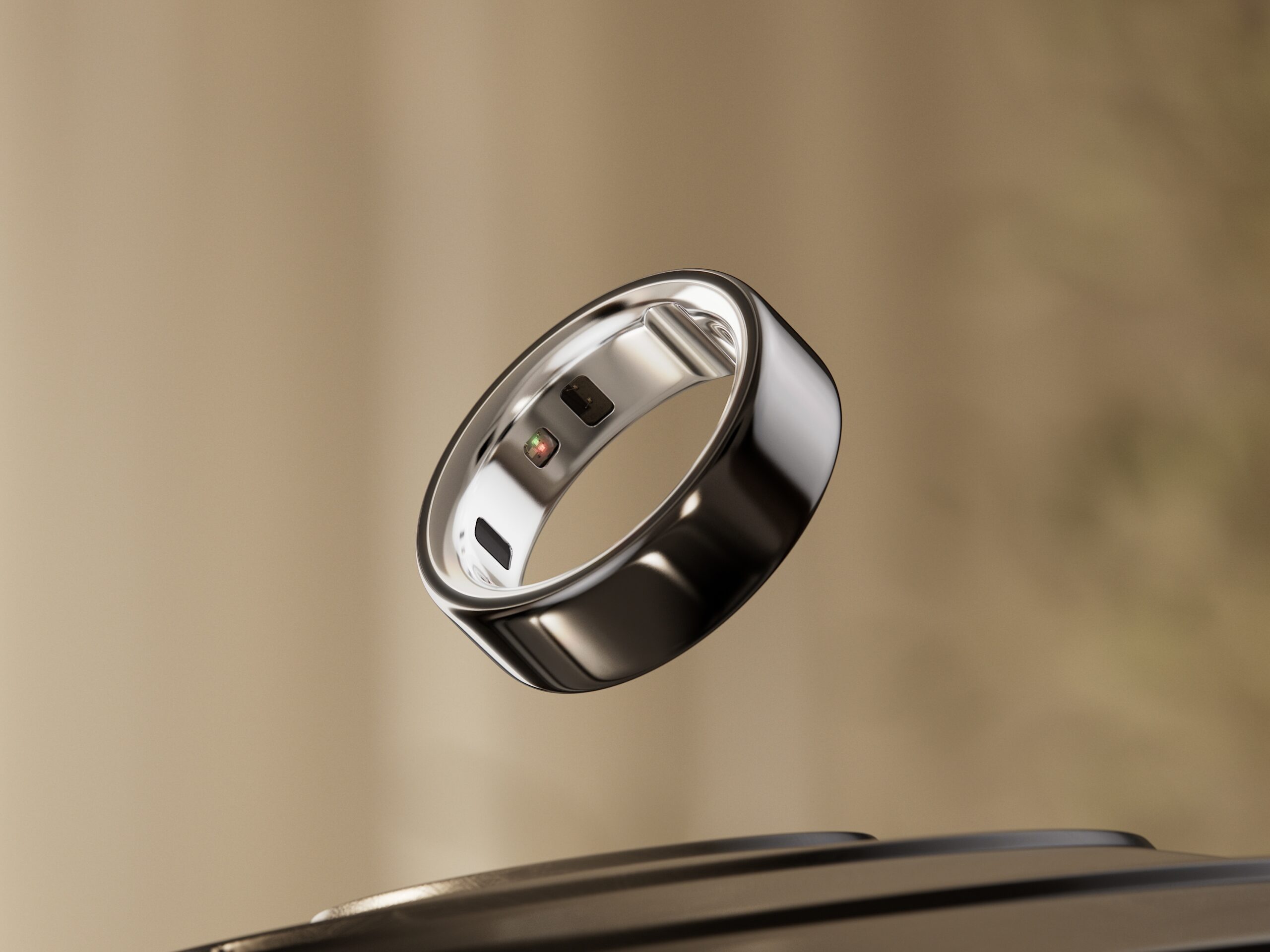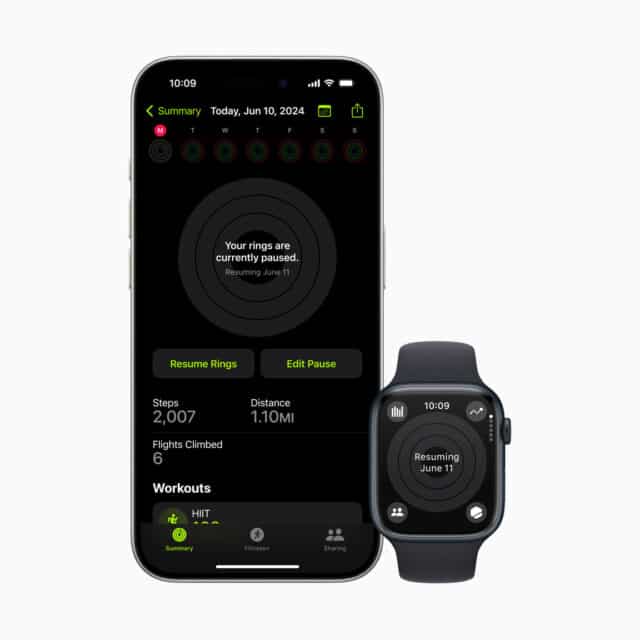
The growing role of AI in healthcare: how devices are changing the game
Healthcare hinges on diagnostics, which is why doctors must accurately identify the illnesses they aim to treat to provide proper care for their patients. An incorrect diagnosis introduces the risk that treatment may be ineffective or harmful.
To diagnose properly, doctors rely on data by measuring key metrics and evaluating their implications based on experience, education, and best practices. The more data available to doctors, the more accurate their diagnoses can be.

ŌURA launches Oura Ring 4 with Smart Sensing technology
ŌURA has introduced the Oura Ring 4, a new version of its smart ring, featuring Smart Sensing technology designed to improve accuracy, comfort, and personalization. This technology uses research-grade sensors and an advanced algorithm to adapt to the wearer’s finger, ensuring continuous data collection both day and night.
The Oura Ring 4 is built with a lightweight, all-titanium design and a slimmer profile for improved comfort during all-day wear. It will be available in six colors -- Brushed Silver, Gold, Rose Gold, Silver, Stealth, and Black with a glossy tungsten PVD coating -- and in twelve sizes, ranging from 4 to 15.

Apple Watch gets smarter with watchOS 11
Apple today previewed watchOS 11, unveiling features for Apple Watch that leverage advanced sensor technology, algorithms, and a science-based approach to offer new health and fitness insights along with more personalization. The new Vitals app surfaces key health metrics to help users make informed decisions. The ability to measure training load offers a new experience for improved fitness.
Activity rings are now more customizable, and the Smart Stack and Photos face use intelligence for greater individualization. The Health app on iPhone and iPad offers additional support for pregnant users. New connectivity features include Check In, the Translate app, and double tap gesture capabilities.
